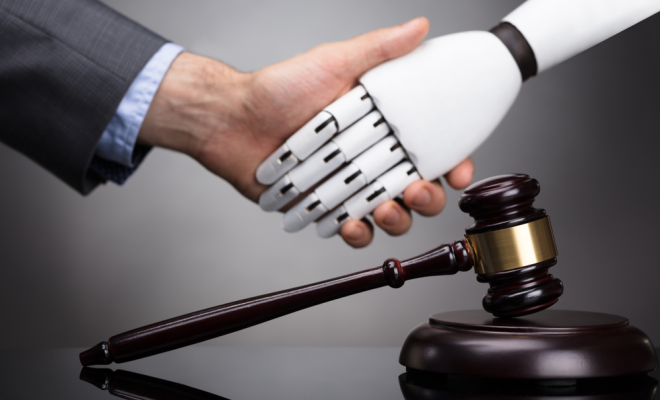AI and You: Altman Says Humanity Needs to Solve for AI Safety, EU Agrees on ‘Historic’ AI Law

Artificial Intelligence (AI) is no longer the stuff of fiction; it’s actively shaping our reality. As we integrate AI into more aspects of daily life, the question of safety and regulation comes to the forefront. In a recent conversation, tech entrepreneur Sam Altman emphasized the critical need for humanity to focus on AI safety. Altman’s concern isn’t a solitary voice; it echoes in the halls of the European Union, which has recently taken decisive action by agreeing on what is being described as a ‘historic’ AI law.
AI is being employed in various fields, from medicine where it diagnoses diseases, in finance where it predicts stock market trends, to autonomous vehicles that could reduce human error on the roads. However, with great power comes great responsibility, and AI is a double-edged sword. It holds immense potential for benefit as well as risks that could range from job displacement to more existential threats should advanced AI systems grow beyond our control.
Sam Altman, CEO of OpenAI – the company behind groundbreaking advancements like GPT-3 – warns that without proper checks and balances, AI could pose significant risks. Altman argues that we should prioritize developing technology in tandem with safety protocols. This means investing in research that aims not only at advancing AI capabilities but also at understanding and mitigating potential risks associated with these powerful systems.
Aligning with this notion for safe AI development is the European Parliament’s recent agreement on an Artificial Intelligence Act. The act is anticipated to be a comprehensive legal framework designed to govern the use of AI across Europe’s 27 member countries. The framework aims to address several key concerns including transparency, accountability, and keeping human oversight at the core of AI deployment. It categorizes AI applications according to risk, reserving stringent scrutiny for ‘high-risk’ applications while promoting innovation and trust in low-risk cases.
One central aspect of EU’s impending legislation is its ban on certain practices it deems as clear threats to citizens’ rights, such as government-initiated mass surveillance or social scoring systems – methods that few would argue have any place in democracies valuing personal freedom.
In summation, while figures like Sam Altman propel us to consider the dire need for ensuring AI safety, governmental bodies such as the EU are taking concrete steps towards creating a legal scaffolding around this rapidly advancing field. Both parties agree: if we’re to reap the benefits of AI without succumbing to its potential hazards, proactive measures must be ingrained into our approach towards its development and integration into society. The journey ahead seems clear: prioritize safety and ethical considerations alongside technological progress for a future where technology serves humanity—rather than threatens it.






